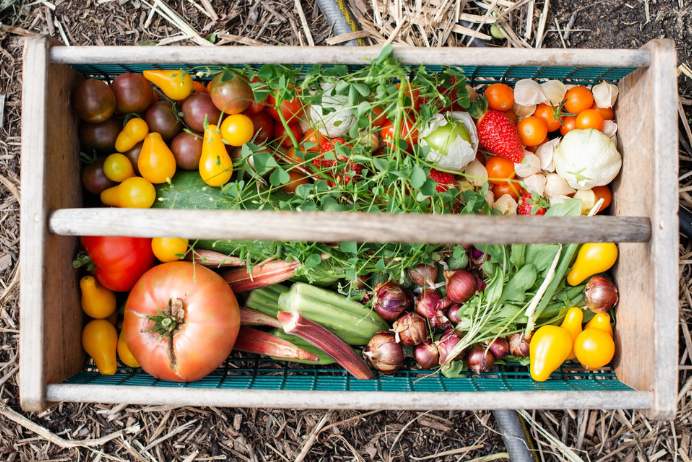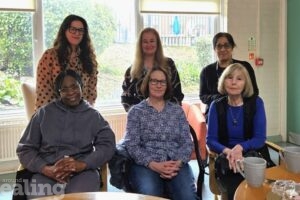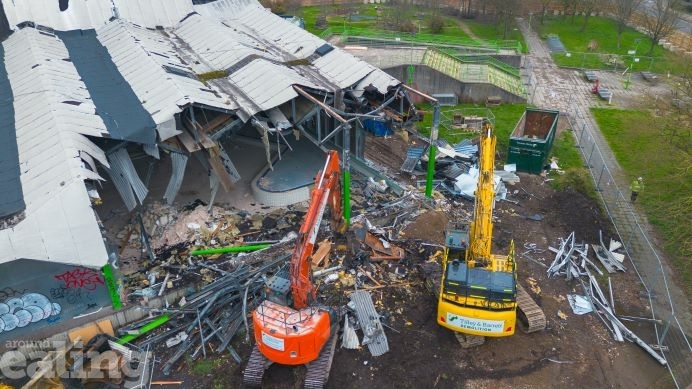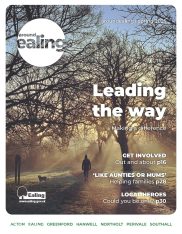Council’s programmes on improving access to food and spaces for all communities have been recently recognised in the Good Food for London report by London Food Link, part of food and farming charity Sustain.
From the 28 councils who took part, Ealing Council achieved recognition for how it is making food accessible for Black, Asian and minority ethnic people to support their health and wellbeing.
Good Food for London is an independent report that reviews council action tackling climate change through food under two key themes – tackling the root causes of food poverty and supporting residents to buy and eat affordable, healthy and climate-friendly food.
Tackling health inequality in Ealing
Ealing is a diverse, multicultural borough with over half of its residents from Black, Asian and minority ethnic backgrounds. Following the pandemic and the increasing cost of living, more and more residents find it challenging to consume healthy food.
The council was praised for the following initiatives:
- The Store Cupboard project – providing heavily discounted groceries to some 45-50 families in need at any one time.
- Let’s Go Southall Connect with Food – an initiative to change the food and eating habits of the Southall community.
- Urban Edible Gardens – turning empty spaces into places for community growing at Northolt Library and Radcliffe Estate.
Councillor Aysha Raza, cabinet member for tackling inequalities commented: “We are incredibly proud of Ealing’s diversity. We are thrilled to be recognised as one of 28 councils leading the way in helping our diverse community better access healthy food.
“Ealing was also praised for working to reduce inequality in the borough through the independent Race Equality Commission that we set up in 2020. Following the recommendations of the Good Food for London report, we will continue working on improving health outcomes for Black, Asian and minority ethnic communities and financially supporting our residents in emergencies.“
Councillor Deirdre Costigan, deputy leader and cabinet member for climate action added: “It’s fantastic to see that the hard work of Ealing council and of local people interested in healthy, shared and climate-friendly food being celebrated in the annual Good Food for London report.
“Poorer communities are more likely to suffer the results of the climate emergency, such as dirty air and food shortages. Raising awareness about how our food choices can add to these problems is a priority for the council.
“Bringing food to our plates can come with a heavy environmental footprint, especially if it is wasted. The production and transportation of food creates harmful greenhouse gases that trap the sun’s heat and contribute to air pollution and change weather patterns. Eating more plants is one way we can all cut our greenhouse gas emissions significantly.
“We are determined to help our residents tackle food waste and grow their own food through our 60 allotments sites and our plans to open 10 new community growing spaces in the borough.”







